GENERAL DENTISTRY
With the use of various dental tools, we diagnose, treat and prevent harmful oral conditions. These services are performed to better your overall health.
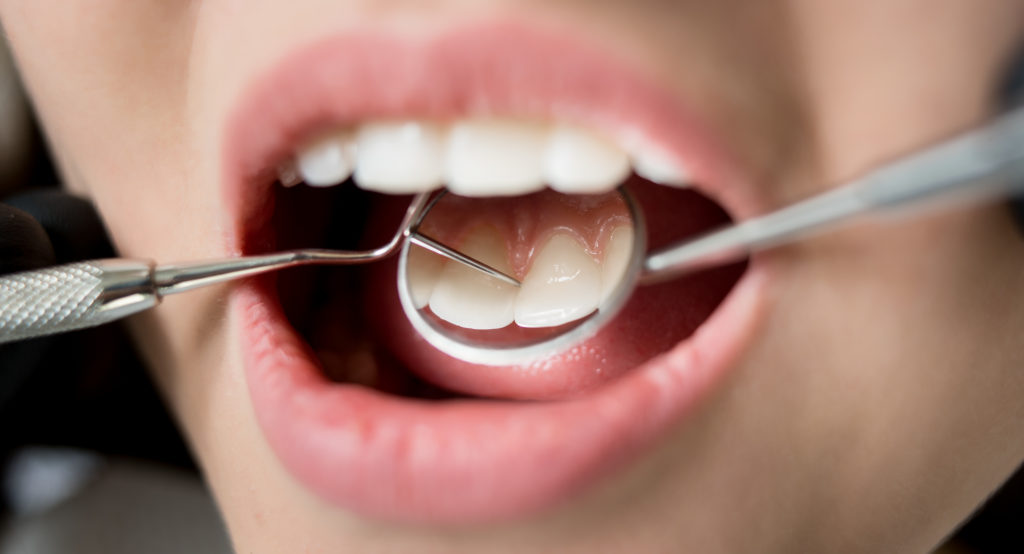
With the use of various dental tools, we diagnose, treat and prevent harmful oral conditions. These services are performed to better your overall health.
From teeth whitening to implants, there are minor fixes to major surgeries in cosmetic dentistry that help you focus on improving the appearance of your mouth, teeth, gums, and overall smile. Some of our procedures include veneers, composite fillings, Invisalign, and crowns
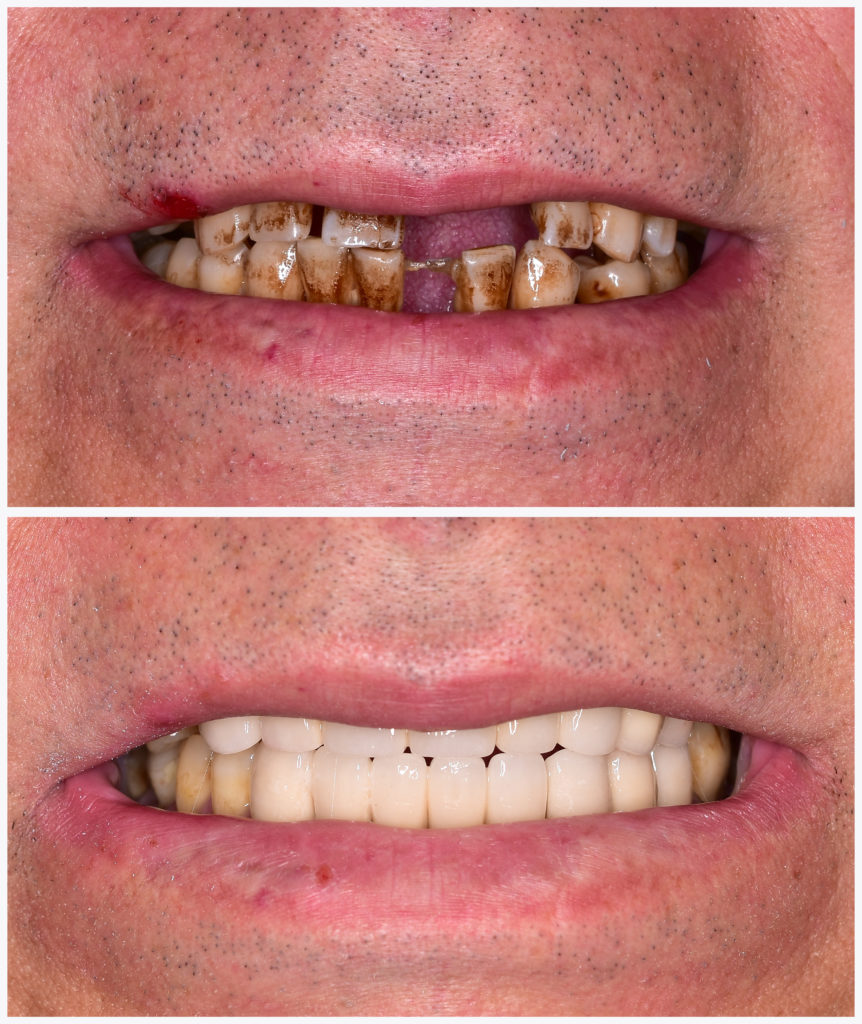
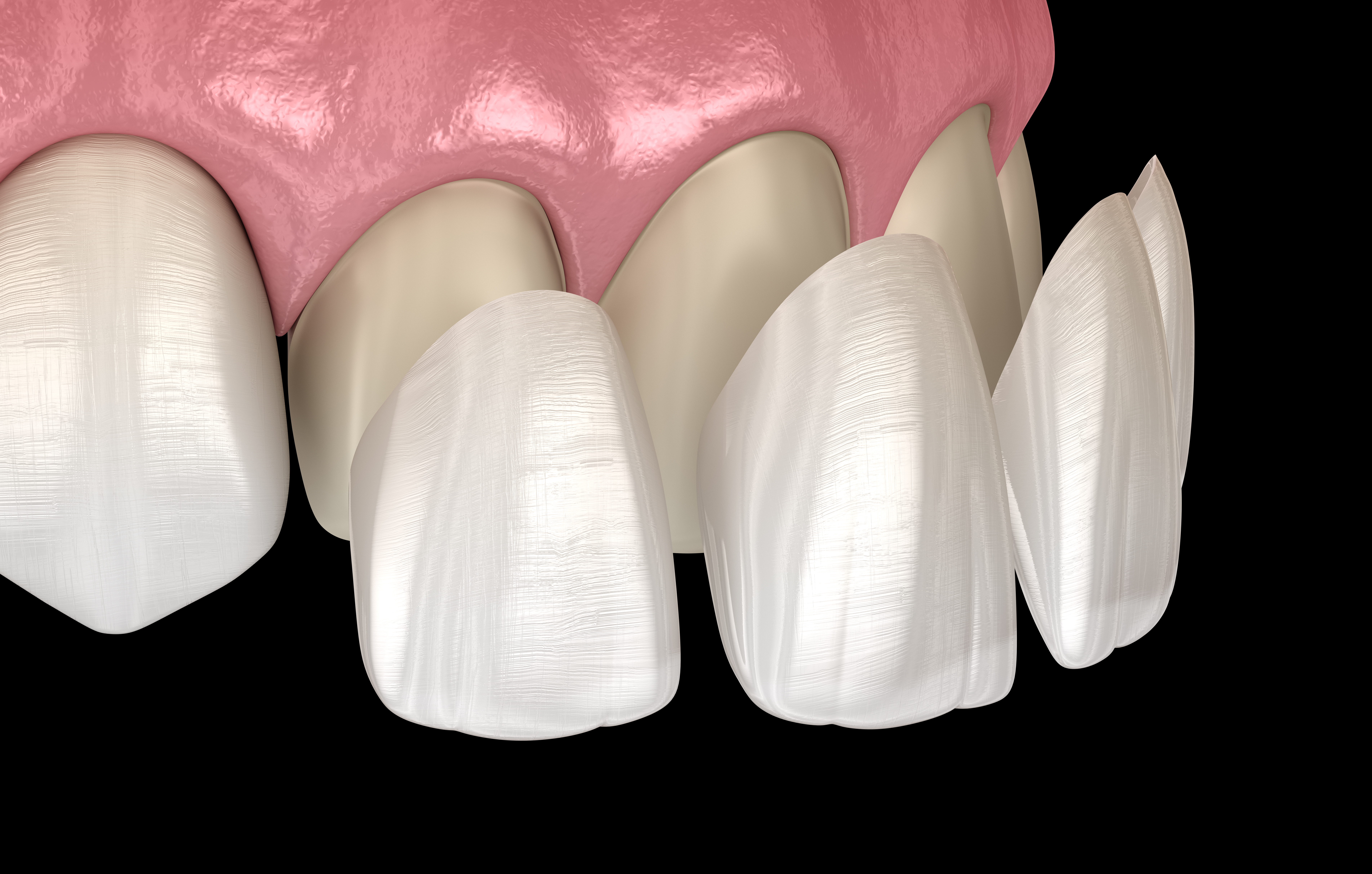
Veneers are thin layers of ceramic or composite resin that covers the front of the teeth and are designed to improve their aesthetics. They are an option for closing gaps, enhancing the shape of the teeth, and changing the colour of your natural teeth.
What happens during a veneer procedure? Your dentist first removes a thin layer of enamel from the tooth so that the veneer does not stick out. The dentist will then take an impression of the tooth. The mold is sent away to a lab where the veneer will be made. On your second visit, the dentist will make sure the veneer sits in place well, and is cemented in place.
A dental Bridge replaces missing teeth with false teeth. The bridge is attached to the teeth on either side of the gap. Bridges are usually made of porcelain or metal, a mixture of the 2, or zirconia. They are fixed in place and, for some people, are an alternative to dentures.
What happens during a dental bridge procedure? The dentist will examine the mouth and ensure any tooth decay or gum disease is treated. The dentist will then file down the two adjacent teeth on either side of the gap, followed by a mould to make the bridge.
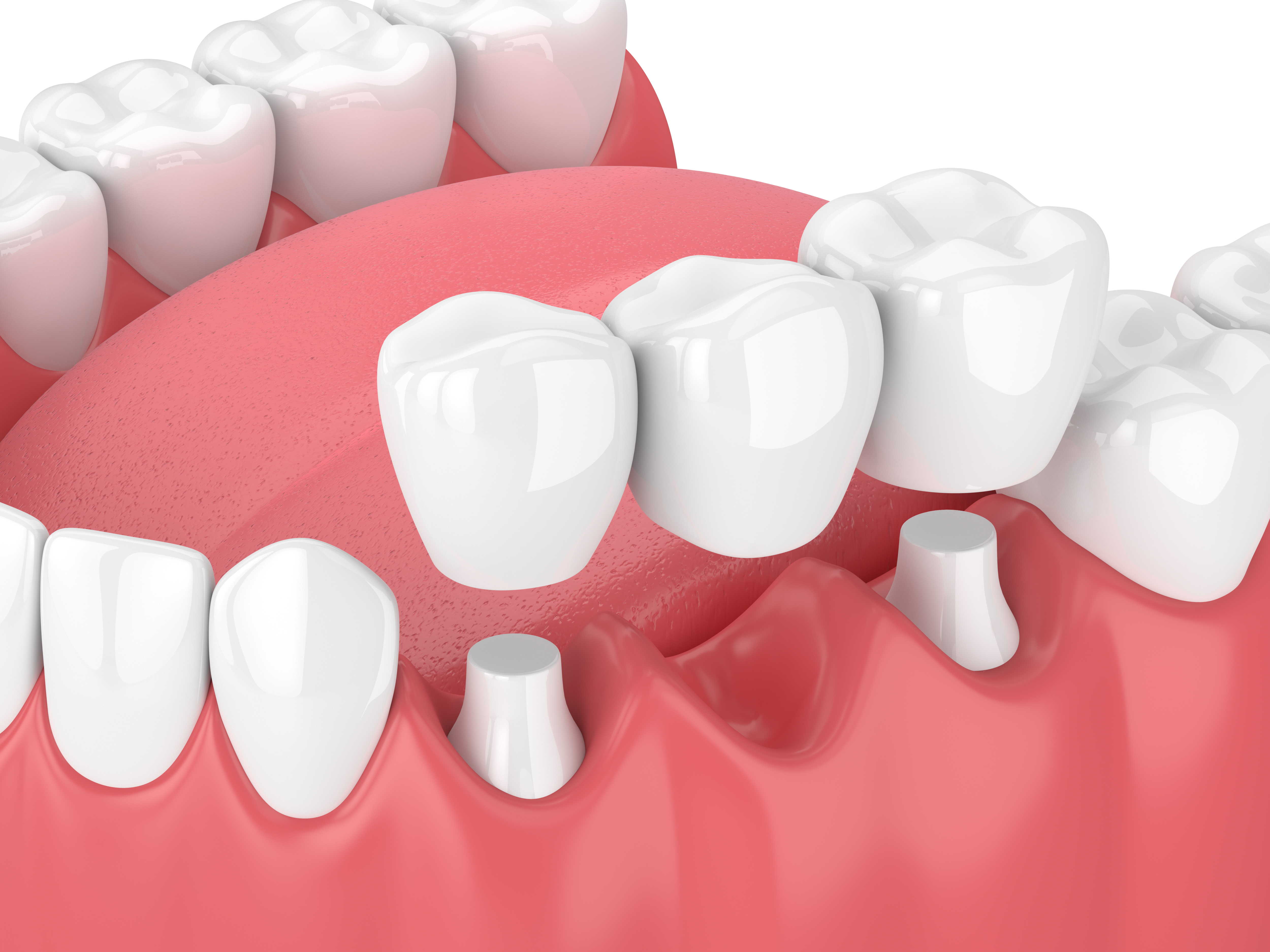

A dental crown is a covering for an existing tooth. It can improve the way a decayed or broken tooth looks and make it stronger and longer lasting. Crowns are usually made from porcelain, ceramic or metal.
What happens during a dental crown procedure? The dentist will prepare the tooth by removing a layer of its outer surface. The crown is the same thickness as the removed layer. To make a crown, a mould of the tooth is taken and sent away to a technician. When the permanent crown is ready, the dentist fits it in place using dental cement or adhesive.
Invisalign is the virtually invisible alternative to braces that lets you feel confident to smile during treatment. It uses a series of custom made, clear, removable aligners that gradually move your teeth into the desired position. Treatment can take between 1 – 2 years depending on the complexity of your case.
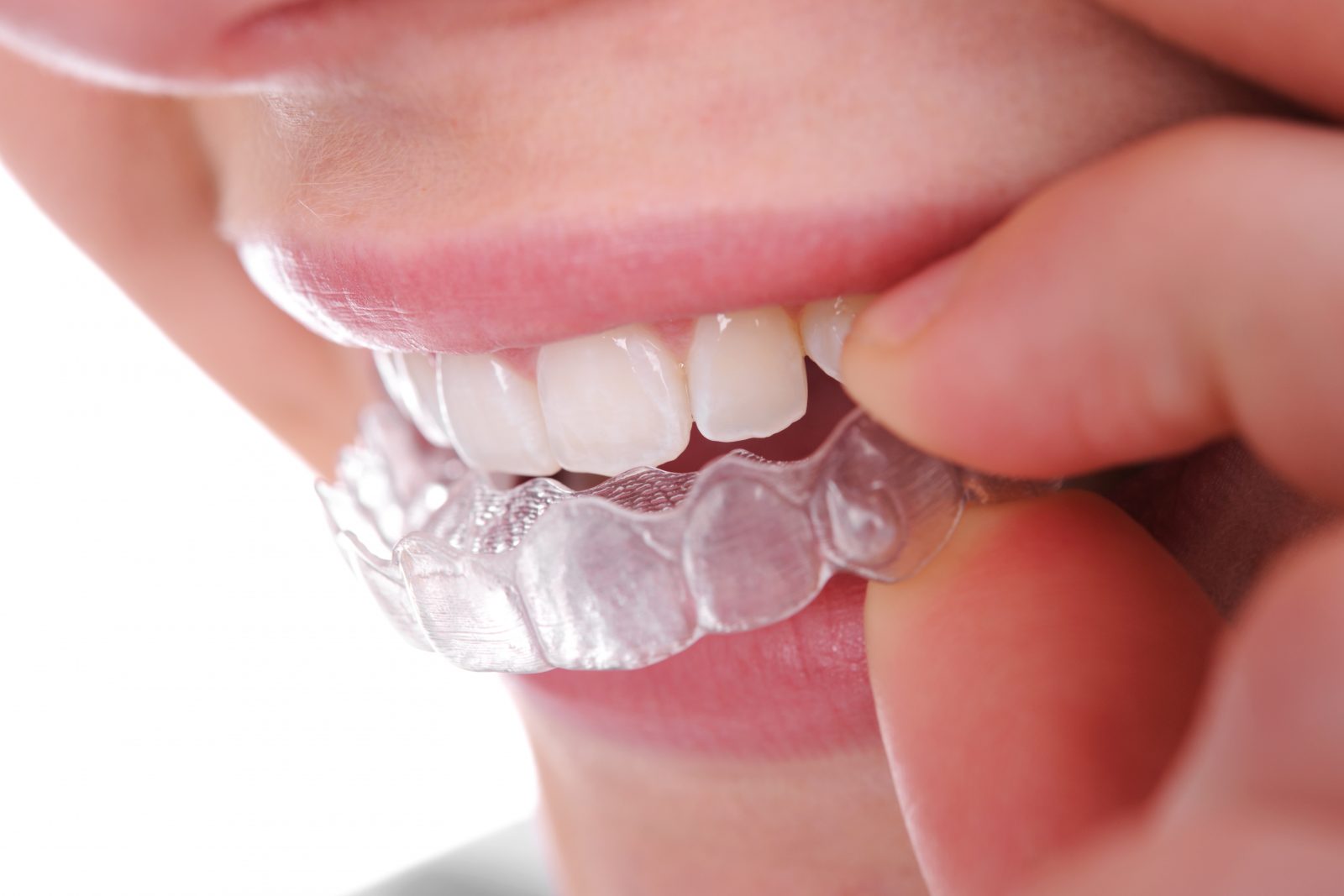

Dentures are false teeth that are worn to replace missing teeth. If you have missing teeth, wearing dentures can make eating and speaking easier. It can also avoid a loss of confidence in the way you look. If you have missing teeth, your dentist might speak to you about getting dentures fitted. Dentures are specially made to fit your mouth.
There are two main types of dentures:
A dental implant is a titanium screw. It is put into the jaw where the missing tooth’s roots were. Over time, bone grows around the implant, which helps to hold it in place. An artificial tooth, or crown, is then attached to the metal to fill in the gap left by the missing tooth. The crown is specially made to look like the other teeth in size, shape and colour.
What happens during a dental implant procedure? A dental implant is usually done in stages over a few months.
It’s a slow process, with quite a few visits to the dentist and possibly some trips to have scans or x-rays.
